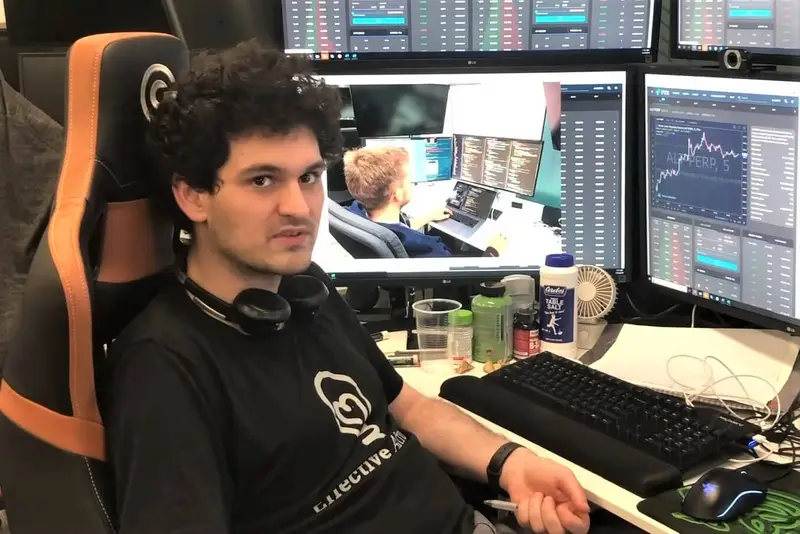Prosecutors and Defense Clash Over Jury Instructions in Sam Bankman-Fried's Trial
However, the defense strongly disputes these contentions. They emphasize that the U.S. legal system defines crimes explicitly through statutes, and individual beliefs about the morality or fairness of certain actions should not be a determining factor in the case.

In the ongoing legal battle surrounding the failed cryptocurrency exchange, Sam Bankman-Fried, the founder of the now-defunct exchange, prosecutors and defense lawyers have presented revised proposals for potential jury instructions to District Judge Lewis A. Kaplan.
The prosecution has requested a specific instruction that could have a significant impact on the trial's outcome. They propose that a defendant's intent to repay funds, which were either misappropriated or fraudulently obtained, should not be considered a valid defense. The prosecution's argument centers around the notion that the offense stands as complete as long as there is an immediate intent to misapply and defraud, irrespective of any subsequent intent to repay the funds. This request directly challenges the defense's assertion that Bankman-Fried believed he could ultimately make amends to the affected customers.
According to theblock, the prosecution seeks an instruction stating that a defendant's motivation for their actions, whether stemming from moral or political beliefs, cannot serve as a valid defense to fraud or other criminal charges. This is a significant point, as Bankman-Fried has previously emphasized his philosophy of "effective altruism" to justify his business decisions, arguing that his intentions were aimed at making a positive impact on the world. The Department of Justice asserts that, despite any noble motives, a good motive alone cannot be considered a defense in the face of criminal charges.
However, the defense strongly disputes these contentions. They emphasize that the U.S. legal system defines crimes explicitly through statutes, and individual beliefs about the morality or fairness of certain actions should not be a determining factor in the case. The defense further argues that vague feelings or beliefs about the wrongfulness of certain actions do not constitute sufficient grounds for convicting anyone of any charges. They state that a witness's feelings or beliefs regarding what the law should or should not have prohibited are not valid factors in determining guilt.
In terms of the charge of wire fraud related to FTX customers, the defense asserts that the intent of the fraudulent scheme must have been to obtain money or property. They clarify that "property" in this context refers to traditional property interests and does not extend to encompass intangible interests or potentially valuable economic information.
Currently, Sam Bankman-Fried's trial is on a week-long hiatus and is scheduled to resume on October 26. The proposed jury instructions remain under consideration by District Judge Lewis A. Kaplan, and their final decision could significantly impact the outcome of this high-profile trial.




